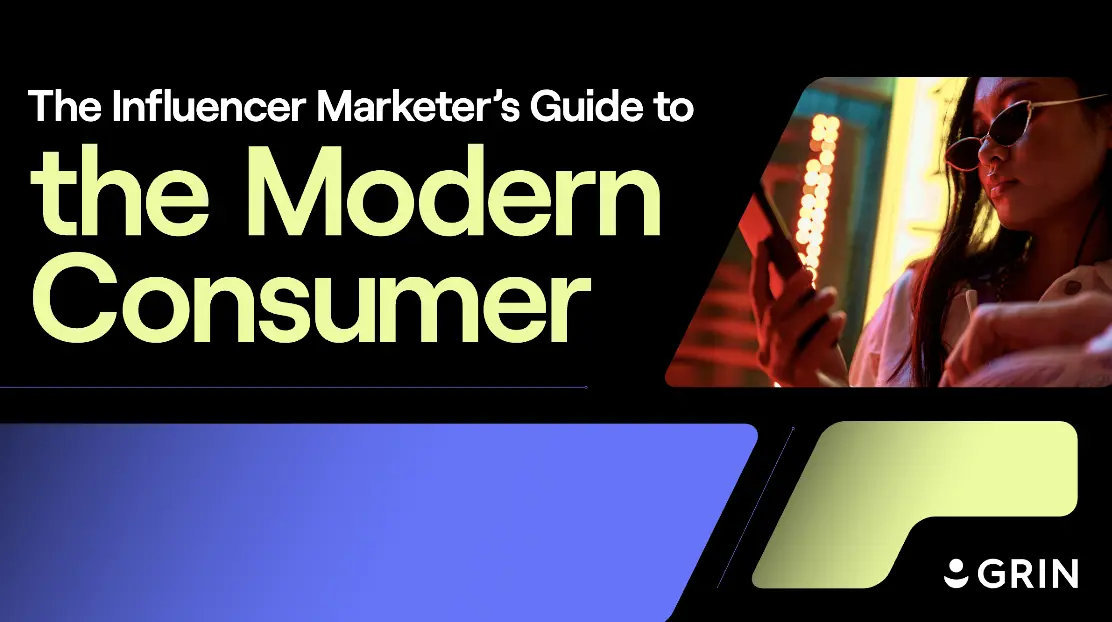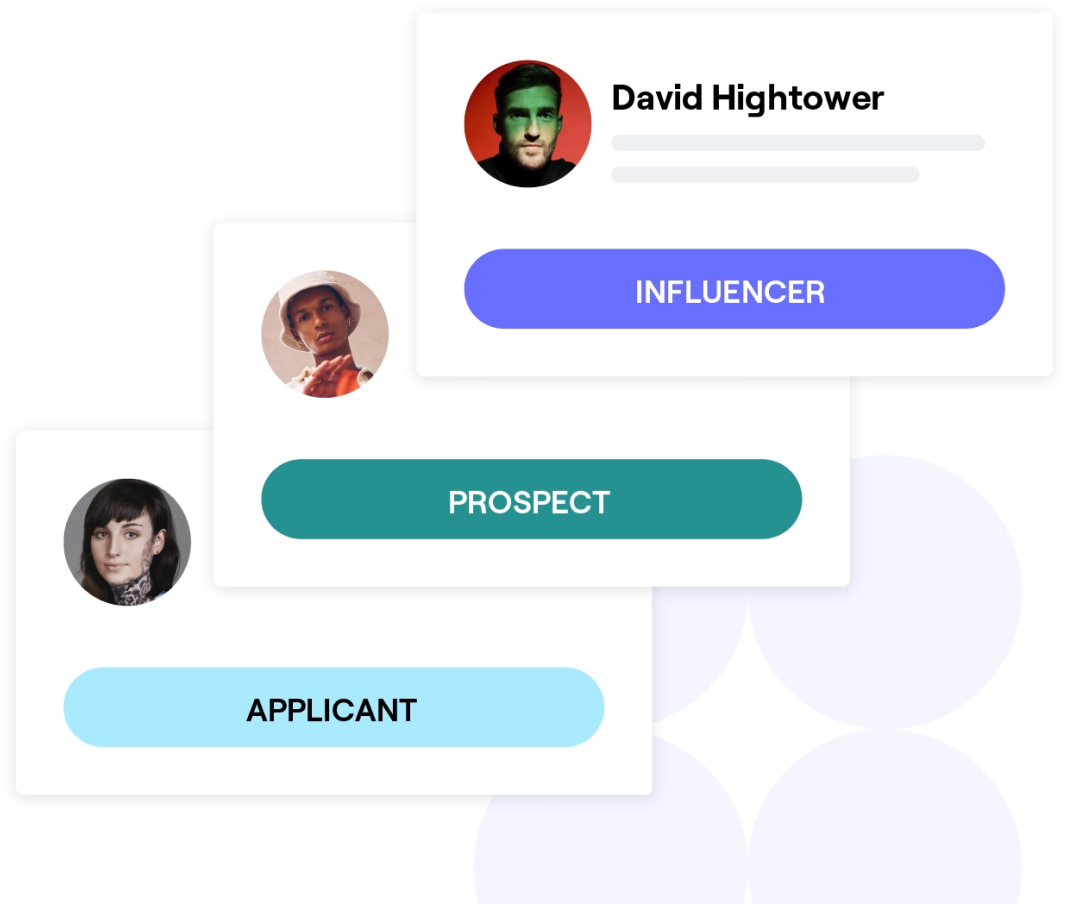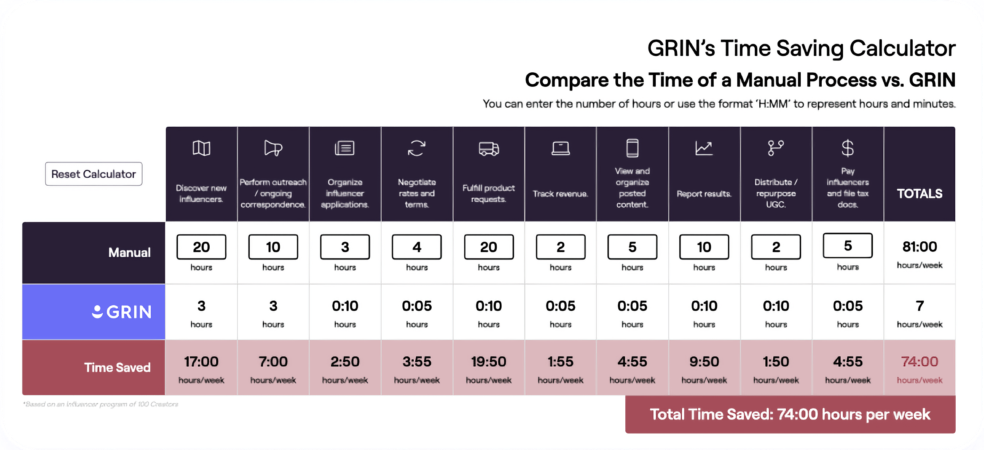TikTok’s future appears uncertain as the Supreme Court has voted unanimously to ban the platform in the United States by Jan. 19. As of January 17th, it is still uncertain if the current administration will uphold this ruling or if TikTok will move forward with removing the app from the US.
The impact that outcome would have on brands and creators in our industry cannot be understated. It almost certainly means a significant loss of revenue, not to mention working hours spent mastering a platform that has served as a springboard for countless trends, discoveries, and cultural moments.
While the looming ban certainly poses difficulties for marketers and creators alike, there are several steps you can take to safeguard your efforts while proactively exploring new opportunities in a world without TikTok.
Here’s what we know about the ban so far and what you should consider as you prepare for what’s next.
The current status of the TikTok ban
Be prepared for things will move quickly if the ban is upheld by the administration and TikTok on Jan. 19.
January 19:
- The first phase of the ban prevents TikTok from being downloaded or updated on app stores in the U.S. This means no access for new users and no updates for existing users.
- TikTok says it will shut down entirely for U.S. users as of January 16th. The app will display a message explaining the ban and providing resources about the situation. While the message offers transparency, this action will render the app virtually unusable.
For U.S.-based users and creators, these dates mark the end of TikTok’s presence as a viable platform. Millions of users who rely on the app for content discovery, brand partnerships, and community engagement will need to pivot quickly to alternative platforms.
Preparing for the shift: practical steps for brands
The ban is disruptive, to say the least, for brands already invested in TikTok. However, there are several steps you can take to safeguard your content, campaigns, and analytics while pivoting to new opportunities.
Save your content.
TikTok content = valuable assets. Don’t let them go to waste!
Prepare to repurpose your videos on other platforms to preserve the work you’ve already put into short-form storytelling. Download all TikTok content your brand has created, including videos, captions, and associated metadata.
Retrieve your analytics.
Your data is even more critical than your content—at least in the long-term. Download all relevant TikTok performance data, including views, engagement metrics, and audience demographics. All of it will provide extremely valuable insights for your social media strategy post-TikTok.
Turn off TikTok Advertising.
TikTok might “turn off” for U.S. users on Jan. 20, but it’s unclear whether or not they will automatically turn off your ad campaigns. We recommend turning them off yourself (or at least pausing them) so you’re not spending money on a non-existent audience.
Diversify your short-form strategy.
The demand for short-form video content isn’t going anywhere—it’s just moving.
For many of you, Instagram and/or YouTube are already workhorse influencer marketing platforms. Your short-form strategy will play nicely on Reels and Shorts, so be ready to double down.
Prediction: YouTube is the platform to invest in
Even in TikTok’s heyday (like, yesterday), Instagram was still the platform of choice for most influencer marketers. However, as the TikTok ban threatens to shake up the entire social media landscape, we believe YouTube possesses the highest growth potential.
Here’s why:
Proven popularity and longevity
Want to feel old? YouTube turns 20 this year—older than a good chunk of TikTokers (and YouTubers, for that matter).
Over the last two decades, YouTube has amassed over 2.5 billion monthly active users. It also caters to a diverse age range, appealing fairly evenly to everyone from Gen Z to Boomers.
YouTube’s long-term stability and diverse age range make it a safe long-term play for content investment.
SEO and discoverability benefits
Gen Z and Millennials have recently turned to TikTok as their preferred source of product discovery.
With TikTok gone, we expect YouTube to fill that vacuum for a few reasons:
- Search engine integration: As a Google-owned platform, YouTube videos are prominently featured in Google’s search results, giving them premium visibility on the world’s most popular search engine.
- Keywords and metadata: Using relevant keywords, video titles, and descriptions allows brands to optimize their videos for long-term discoverability.
- Longer shelf life: Unlike TikTok’s fast-paced feed, YouTube videos continue to gain views and engagement over time. That means more long-term bang for your buck.
High-intent audiences
Many people visit YouTube with specific intentions. Whether it’s learning about new products, finding tutorials, or researching reviews, users are on a mission.
Users spend more time watching and interacting with content they deliberately seek out. That means deeper engagement for your content when done with a deliberate content strategy.
Content versatility
Does your audience prefer long-form or short-form content? Either way, YouTube has you covered.
Shorts are perfect for scratching that short-form itch, while YouTube’s signature long-form content is perfect for in-depth storytelling that builds trust and deeper connections with audiences.
Highly compatible with brand partnerships
YouTube is primed for influencer and affiliate marketing:
- Link stacking: YouTube’s video descriptions allow creators to add multiple links, making it easier for you to drive traffic to your website, product pages, or affiliate deals.
- Cost-effective collaboration options: Brands can partner with creators to integrate subtle product mentions into their existing content (known as non-dedicated videos). These integrations can be just as natural and often come at a lower cost than full, dedicated sponsorships.
- Evergreen audience engagement: As we mentioned, YouTube videos remain accessible and relevant long after they’re posted. That means more engagement and viewership over time, which means greater long-term ROI.
Even with TikTok in the picture, markers are already adopting YouTube.
In 2024, 66% of marketers said they planned to increase their YouTube usage this year. Its reliability, scalability, and potential for consistent audience growth make it an intriguing choice for marketers in a world without TikTok.
Key takeaway: While the TikTok ban is a major shift, it’s also an opportunity to future-proof social media strategies.
Sure, the TikTok ban is a challenge. But it’s also a wake-up call.
It’s a reminder to stay adaptable, explore new opportunities, and build resilience into your marketing strategy. By focusing on long-term platforms and embracing change with a proactive mindset, you’ll turn this disruption into real growth.
Success belongs to those ready to pivot, experiment, and invest in what’s next. Are you ready for it?





















